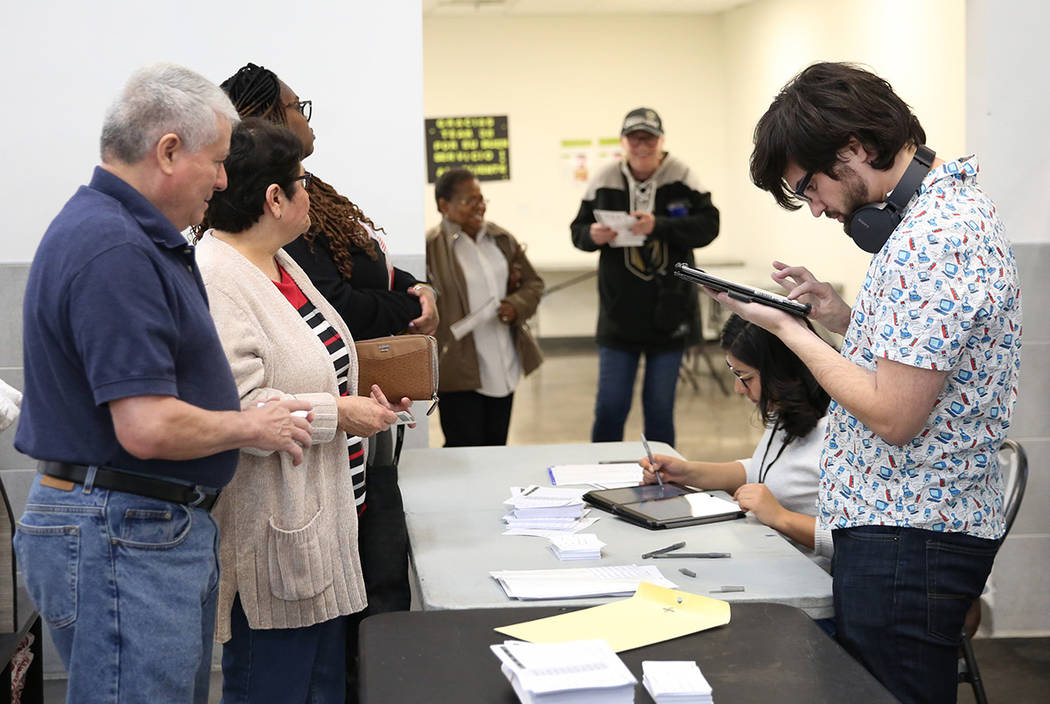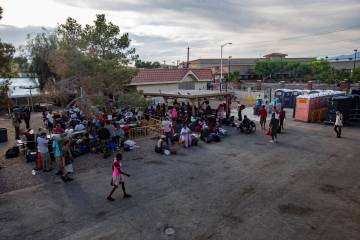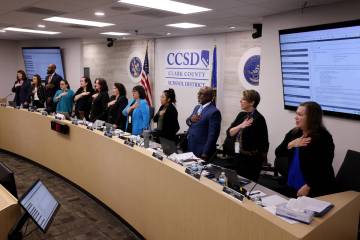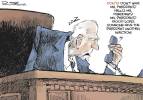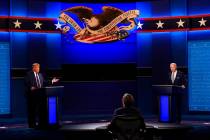EDITORIAL: Nevada should ditch the complicated caucus system
So far, the Nevada Democratic presidential caucuses appear to be going swimmingly. While there have been scattered reports of extended waits, turnout has been robust — about 26,000 voters participated during the first two days of early voting. According to party officials, more than half of those were taking part in the caucuses for the first time.
This is good news for Democrats, given the Iowa fiasco. But even if the Nevada party can avoid serious pitfalls through Saturday, when the actual “caucusing” occurs, it shouldn’t be enough to quell efforts to abandon this complicated and chaotic method of awarding presidential delegates.
Truth be told, Iowa was no outlier. Delays and other difficulties have routinely been associated with caucuses, which are party-run events. As the Review-Journal’s Steve Sebelius pointed out this month, Iowa Republicans in 2012 declared Mitt Romney the winner of their presidential caucuses only to find out two weeks later that Rick Santorum had actually prevailed. That same year, the Nevada GOP’s caucus results in Clark County took days to tabulate.
The addition of early voting to this year’s Nevada Democratic caucuses is an acknowledgment of the system’s problems. Early voters won’t be taking part in an actual “caucus,” during which participants meet in smaller groups at various precinct locations to discuss their candidate preferences. Such meetings can last hours and feature long-winded presentations, debates and various procedural motions. The time-intensive format has traditionally limited participation to more committed partisans, which is why state Democrats sought to reach out to a wider constituency this cycle by offering the more convenient early voting option.
So why not just go all the way and eliminate the caucuses in favor the more accessible primary system? Nevada’s caucuses, after all, date only to 2008 and exist today as part of an effort by Harry Reid to help the state play a more prominent role in the presidential nominating process. Mission accomplished. But the Iowa debacle has critics questioning whether caucus states can reliably count votes and whether such a system is too exclusive and unrepresentative. By moving back to a primary, Nevada can alleviate those concerns and improve its chances of benefiting from the looming shuffle on the 2024 calendar.
State lawmakers in 2015 were on the verge of ditching caucuses in favor of presidential primaries, but a bill intended to accomplish that objective died late in the session after passing both houses. It should be revived when the Legislature reconvenes next year so lawmakers this time can push it across the finish line.



